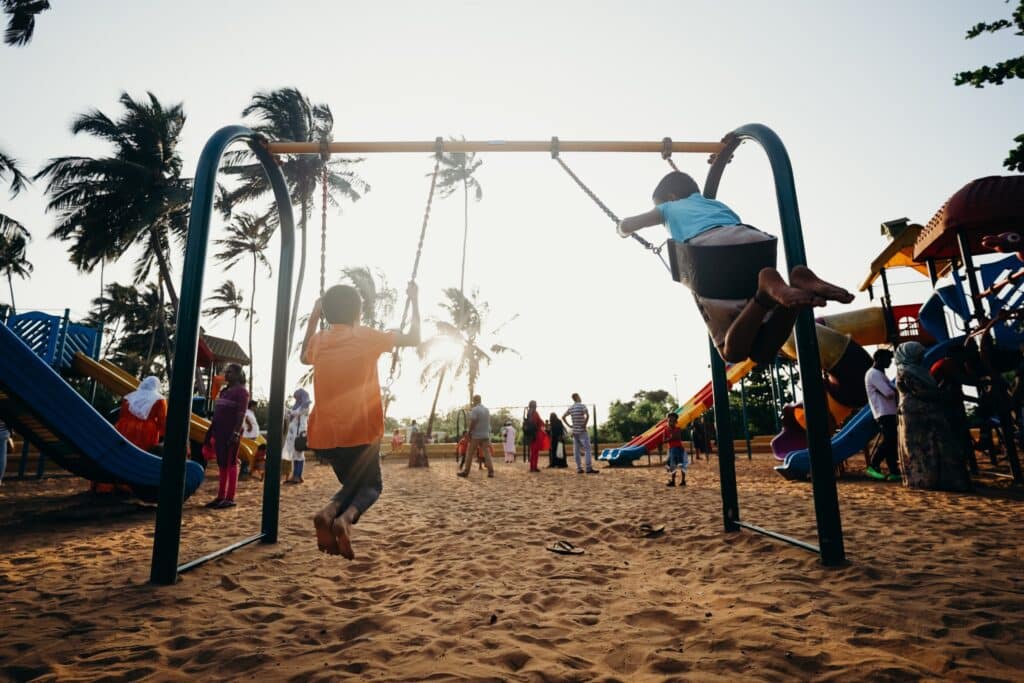According to the Substance Abuse and Mental Health Services Administration (SAMHSA), nearly 9 million children live in homes where at least one parent struggles with a substance use disorder. Children should be shielded and protected by their parents. Yet, when opioid addiction and substance abuse are the status quo, their impact on children cannot be underestimated.
Because of the stressful and damaging experiences of drug use in the home, children are the silent victims. Substance abuse and its impacts on children include emotional, psychological and physical effects.
Emotional Effects
Children exposed to opioid addiction can encounter emotions that they’re unable to verbalize. Drug use in the home has an undeniable influence on their ability to feel and express emotions appropriately.
- Neglect: When a parent is focused on their drug use, neglect defines their relationship with their child. Children who don’t feel loved or cared for by their parent can struggle with distrust, resentment and a disconnect with others.
- Bonding: From the time a child is born, parents teach them how to connect with their world and bond with others. If their mom or dad is preoccupied with drug use, this can lead to bonding issues such as codependency and a lack of trust.
- Emotional immaturity: If a child doesn’t learn how to properly express emotions from their parent, they can become emotionally underdeveloped, leading to a lack of remorse or empathy as well as poor decision-making.
- Lost childhood: Many children of drug users feel like they were cheated out of a normal childhood. They were made to grow up and take on adult responsibilities that they were unprepared for. This can lead to intense anxiety and stress that follow them into adulthood.
Psychological Effects
Drug abuse is defined by chaos. Growing up in a home where drug use is normal means that children miss out on a life of structure and stability. This can lead to many childhood psychological difficulties, such as:
- Learning problems.
- Stunted life skills.
- Difficulties at school.
- Disruptive behavior in the classroom.
- Anxiety and panic attacks.
- Depression.
- Obsessive-compulsive disorder (OCD) behaviors.
- Low self-esteem or self-worth.
Sadly, a combination of mental health issues and hereditary addiction means that the children of those with substance use disorder are more prone to drug addiction themselves.
Physical Effects
The physical impact of drug addiction begins in the womb. When a mother uses drugs, these substances have many dangerous and potentially lethal effects on an unborn child. Some babies are born already addicted to drugs, which can lead to various physical and developmental issues in their early life and into adulthood.
Even if a child is not born with drug exposure, substance abuse in the home can still have an intense physical effect on them. Knowing that their parent is involved in what they see as a bad activity can lead to stress-related symptoms, including:
- Migraines.
- Digestive issues.
- Ulcers.
- Pulling out hair.
Help Is Available at BAART Programs
Your child’s future lies in your hands. If you are a parent and struggle with opioid addiction, don’t wait another day to get the help you need. Your child deserves a better life — and so do you. Please contact us today to learn how BAART Programs can help bring hope and healing to you and your family.



